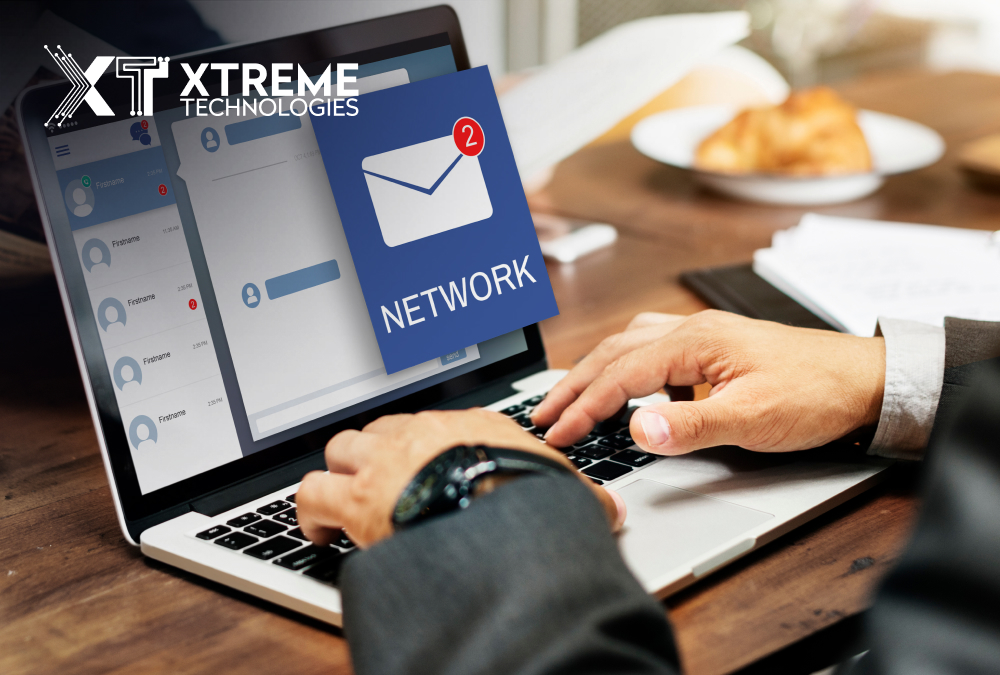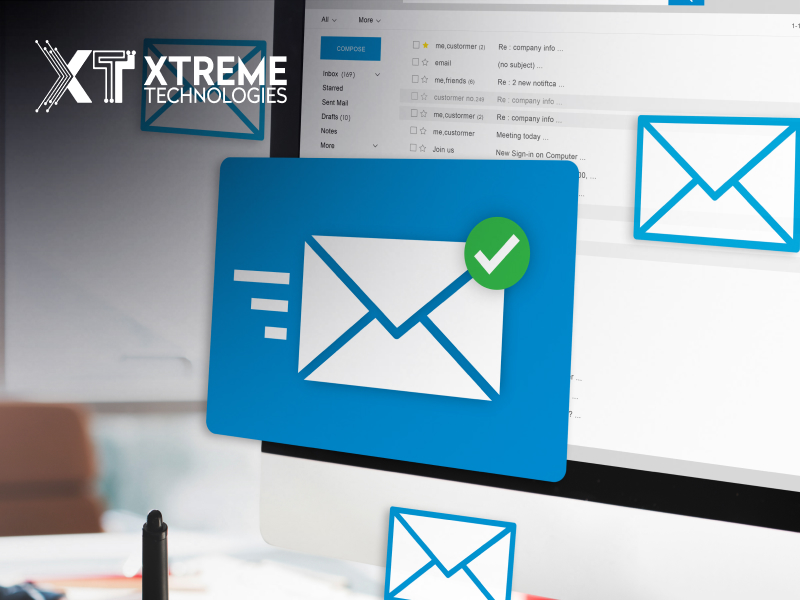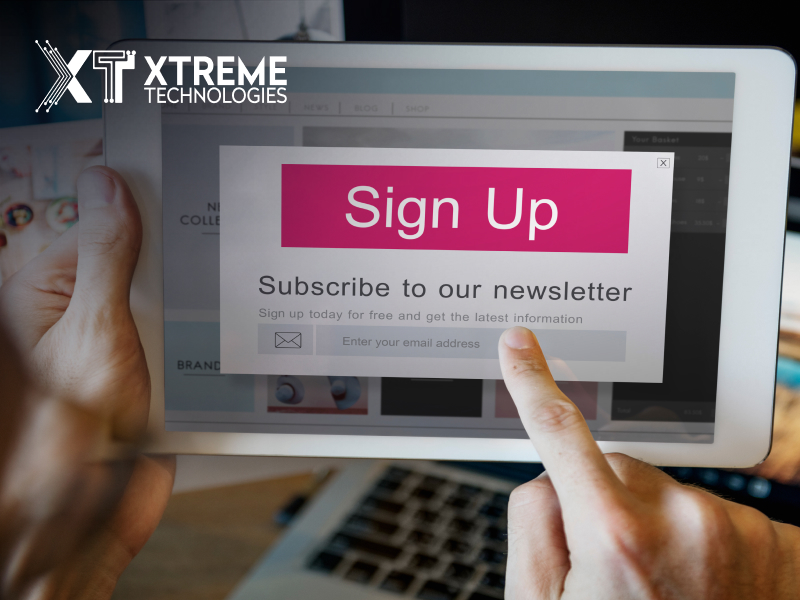
Effective Inbox Management Techniques
All, Email marketing, Marketing,
Published on: November 04, 2024
In today's fast work world, surely in managing emails, one would have to neglect to handle them. A cluttered inbox causes much stress and missed deadlines, and its reduction in productivity levels is bound to happen. Mastering the art of inbox management could, therefore, boost time management and productivity hacks in a significant way for any professional. And here are several pretty effective techniques for email management that will change your view of what it takes to manage an inbox.
Why Inbox Management Matters
Understanding a few techniques will only be useful if you understand why inbox management matters. It will enable you to create an organized inbox, which means the most important things in your emails will be much clearer. But that is not all. Cleaning out your inbox might also clear up the mess in your head. A clean inbox will distract you in many other ways: "Have I ever received that important email?" It takes too much effort to focus on your work because you won't be able to clear that mountain of emails from your mind.
The Cost of Disorganization
Just think of all the dead time you would be wasting sending out those 'lost' emails or digging through spam messages and unwanted letters. Statistics reveal that the average working week is lost to around 28 percent in e-mail administration for an average worker. Waste fewer precious hours with productivity hacks instead of organizing your email'.
Inbox Clearing
-
The Two-Minute Rule
Two of the most hands-on hacks are inbox zero and the two-minute rule. If a message asks you for something in return or action, that is controllable in one minute do it; otherwise, add it to your to-do list to do later. No more accumulation of minor tasks, no more time wasted on useless inbox management. Over time, just this technique alone can dramatically reduce your volume of email.

-
Folders and Labels
What makes an email organization stand out as a total game-changer is the ability to categorize folders and labels. You save your emails in folders you make yourself you can name them "Projects," "Clients," or "To Read"; you will easily find your important messages when you need to. Most e-mail providers allow you to assign multiple labels so you can sort one e-mail in a number of ways for flexibility.
-
Set up filters.
Filters are another great automatic management of your e-mail inbox. You can filter to happen from incoming mail to coach those e-mails into folders automatically by the sender, subject line, or keywords. This keeps the main inbox lean and ensures the relevant e-mail gets flagged to attention.
-
Email time scheduling
It will also help in setting some time of the day that you can check and revert on e-mails. That way, one doesn't always open the inbox but works on something else without a break; for example, checking of emails from 10 AM to 4 PM, where one can categorize messages and respond very strategically.
-
Unsubscribe and Declutter
There are simply just too many newsletters and updates that professionals no longer need. Take the time to click "unsubscribe" in those emails. After all, a clean inbox does not look pretty alone, but it also lets you concentrate on the things that count.

-
Focus on What Matters
You would establish an organizational system of which ones are of importance, which are urgent, and which fall into the category of low priority. All these can fit into the categories of "Urgent", "Important", and "Low Priority." So you'll know right away, which needs your attention immediately and which just can be placed at the back burner. That's pretty helpful if you have lots to deal with and almost no time left.
-
Archive frequently
You may also save your mailbox by archiving your older e-mails. Never delete important emails; archive them. It keeps your inbox clean but lets you retrieve the same messages when you need to. Most email platforms provide the facility of easy searching of archived emails.
-
Use Email Templates
And if you're going to be writing similar responses many times, compose some email templates as well. It saves you time but also adds uniformity to your message. Some e-mail clients can allow templates to be saved and reused; that could be an important productivity hack.
-
Inbox Zero
Almost always, Inbox Zero means an empty inbox. Do you have to answer everything as soon as possible? No, you have to decide for every mail. Process your e-mails according to this structured order: respond to them, archive them, or delete them keep what needs to be kept in the inbox.
-
Dim Notifications
Sure, you get distracted by all the incoming e-mail notifications almost every time. Untangle some of the less important ones to increase your productivity rates. Don't get distracted with the incoming messages when you become focused on other things but rely on scheduled time for reading messages.
Technology Integration with Xtreme Technologies
But if you require something slightly more developed to manage your emails, is where Xtreme Technologies can shine, come up with creative solutions that will only help you make your emailing routine easier while, at the same time, automating your routine emailing tasks to help improve your productivity, track emailing habits, and smoothly integrate it with other systems used. Whether it's better email filtering or productivity-tracking applications, Xtreme Technologies probably has what the modern professional needs.

Conclusion
Good inbox management is one skill that each professional will need to master in equal parts to improve the ability to manage one's time better and get much more done. It's going to cover the kind of material most of you will need to master to optimize your ability to get much more done: it's going to cover the two-minute rule, folders and filters, and practices toward achieving Inbox Zero.
Read Also: The Insidious Proliferation of Modern Marketing: A Critical Analysis
Thus, the streamlined inbox leads to a focused working environment where you can get things done, and therefore, can prioritize. As time and dedication are invested into these strategies and tools by Xtreme Technologies, you will be able to recapture those lost hours in the email soup, dedicating them to the most important thing work or personal development.
Do it today using techniques for inbox management. Your productivity will thank you.
FAQs
Q1) What are the benefits of using folders and labels in organizing emails?
It will arrange your emails in order, so you can quickly view the meaningful messages, hence keeping more of your inbox free from clutter. This is going to save you time to focus on what you intend to do without being buried under messages that would not be relevant to what you're focusing on.
Q2) How do I maintain Inbox Zero and not get overwhelmed?
By establishing a practice of periodically checking your emails, you can reach and maintain the state of Inbox Zero. Always make it a point to allocate particular periods of the day to check your inbox and use the two-minute rule as you respond fast. Then, you will be able to pull out from your inbox all information that happens to be old, yet worth keeping for possible future use. In this way, an empty inbox may be achieved without losing important information.
Q3) Do tools exist to ease the management of an inbox?
Yes, there exist thousands of solutions and applications to help optimize inbox management. The solutions from Xtreme Technologies include features like automated email filtering and analytics regarding personal patterns of sending and receiving emails, customizable templates, and templates for repeated responses. All these assist your workflow with email management by making some 'operational' activities redundant and enhancing your productivity.






Recent Comments